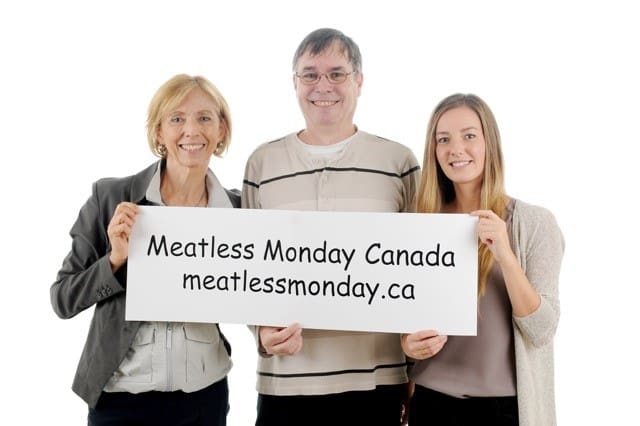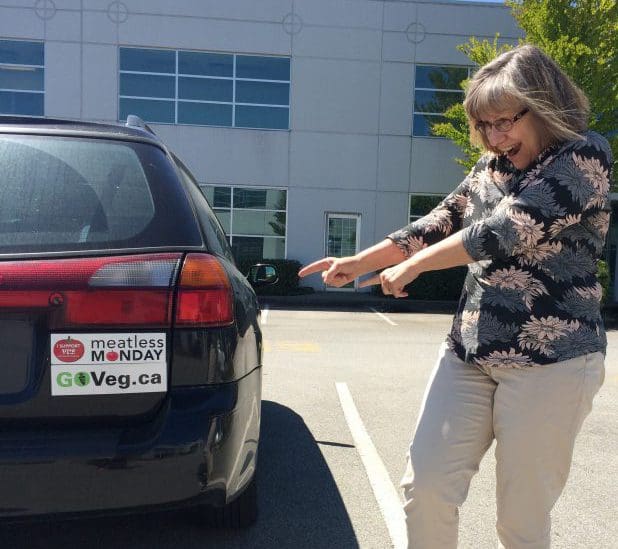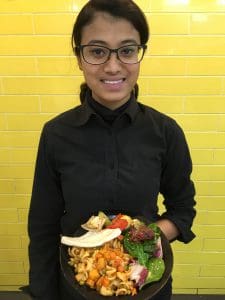 Stop by the residence dining hall at Simon Fraser University’s (SFU) Burnaby campus on Mondays and you’ll notice a variety of veg options being promoted. Food service provider, Chartwells, has been offering up delicious dishes including veg burgers, pizza, pasta, curries, salads and soups as part of their Meatless Monday initiative.
Stop by the residence dining hall at Simon Fraser University’s (SFU) Burnaby campus on Mondays and you’ll notice a variety of veg options being promoted. Food service provider, Chartwells, has been offering up delicious dishes including veg burgers, pizza, pasta, curries, salads and soups as part of their Meatless Monday initiative.
“Meatless Mondays is a simple concept that everyone can support. There are so many great veg options available these days that choosing to go meat-free, even one day a week, has never been easier! There are also a number of benefits, not just for the environment or animal welfare, but for a person’s health and general well-being too,” said Shehani Perera, Manager & Executive Chef at the residence dining hall.
Perera says feedback surrounding the initiative has been positive, with a growing number of students open to the concept of eating in a more humane, healthy and sustainable way. Student groups are also promoting the many benefits of cutting back on meat. Embark, a non-profit student society focused on sustainability, is supporting the Dining Services’ initiative via their “Monday Veggie Challenge”.
“Embark recognizes the destructive impact the meat industry has both on the planet and on human health,” explained Ali White, Programs Manager of Embark. “We’re asking the SFU community to choose plant-based options just one day a week! Participants can post their photos of vegetarian meals using the hashtag #SFUVeggieChallenge to enter to win a prize every month.”
It’s not just the sustainability crowd getting on board either; SFU’s Health Peers Program is also helping spread the word about the benefits of going meatless on Mondays.
“As students invested in health education efforts at SFU, the Health Peers recognize the value in supporting the Meatless Monday initiative,” said Health Peers member Savannah Swann. “While we promote Meatless Monday when possible through our presence at food-related events and outreach every year, our greatest contribution to this cause is through our bi-weekly Community Cooking Workshops. These workshops teach students about nutrition and help them to develop basic food preparation skills. We intentionally showcase easy vegetarian/vegan meals and always provide vegetarian/vegan options. We are proud to advocate for a cause that supports student health (financially and physically) and contributes to environmental sustainability.”
SFU is joined by seven other Metro Vancouver schools which are being supported by VHS in offering meatless menu options on Mondays.
“We’re thrilled to see schools and students embracing the Meatless Monday concept! Every time we eat meatless, we’re reducing the demand for cheap meat, which sentences over 700 million animals every year to lives of misery and deprivation on factory farms. It’s empowering that we can have a huge impact simply by what we choose to put on our plate,” said VHS Program Coordinator, Emily Pickett.
Follow SFU’s lead by taking our Meatless Monday pledge today! We’ll send you a weekly recipe to help you keep your commitment. You can also support our effort to bring Meatless Monday to more classrooms, cafeterias and communities by making a donation today. Interested in bringing Meatless Monday to your school, workplace, business or community? Get in touch with Program Coordinator, Emily Pickett, to learn more!


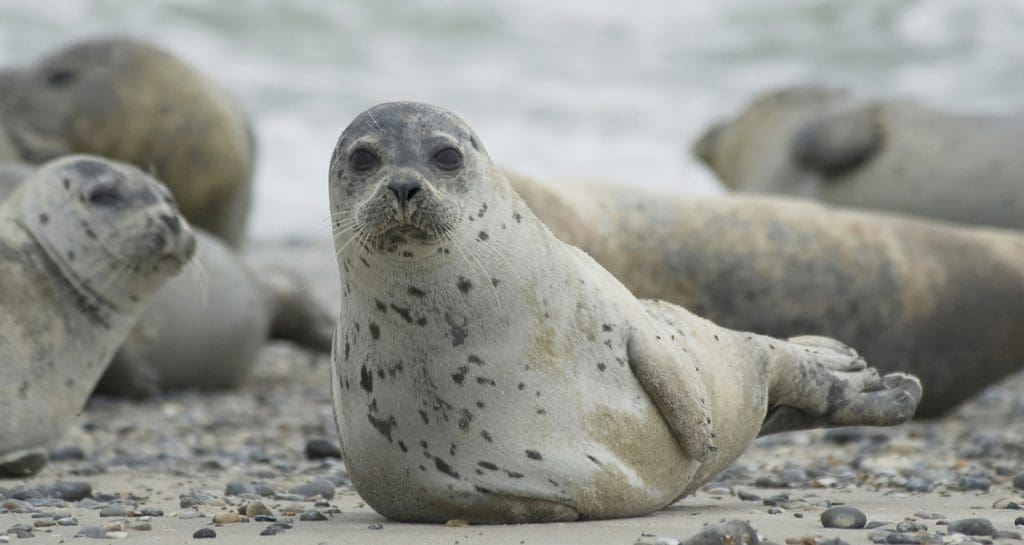
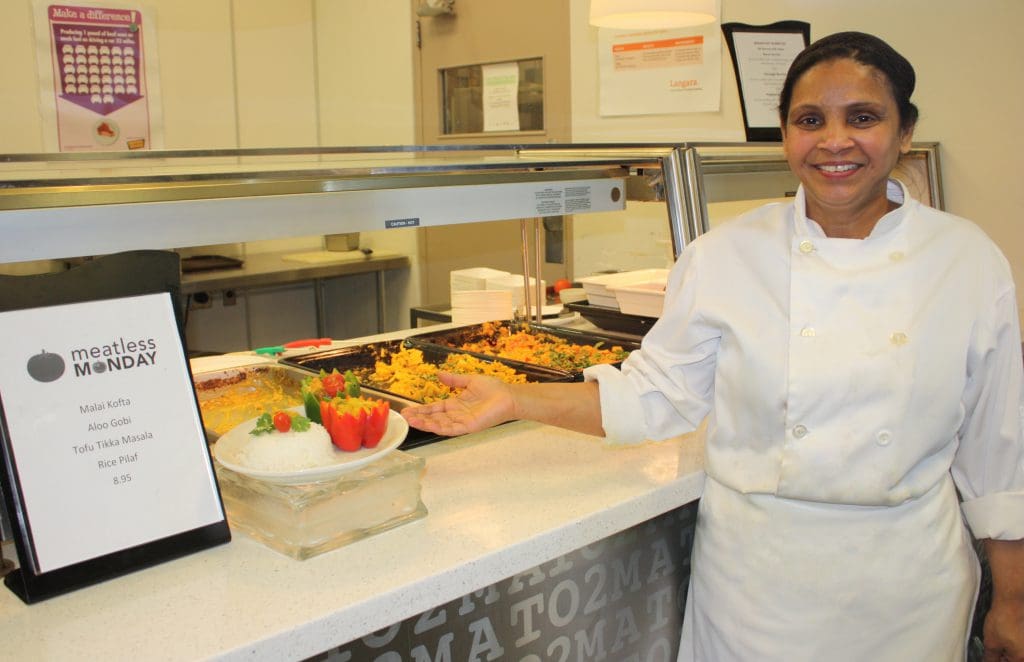
 Meatless Monday specials have been paired with eye-catching, educational posters aimed at raising awareness and boosting participation in the initiative. Statistics outlining water use and greenhouse gas emissions from
Meatless Monday specials have been paired with eye-catching, educational posters aimed at raising awareness and boosting participation in the initiative. Statistics outlining water use and greenhouse gas emissions from 
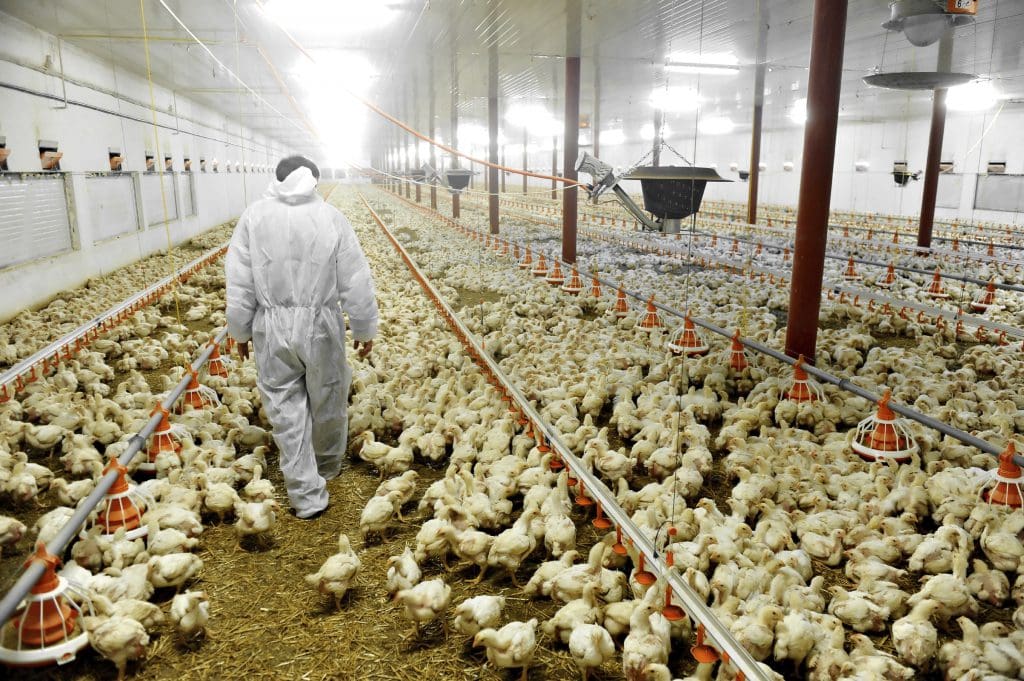
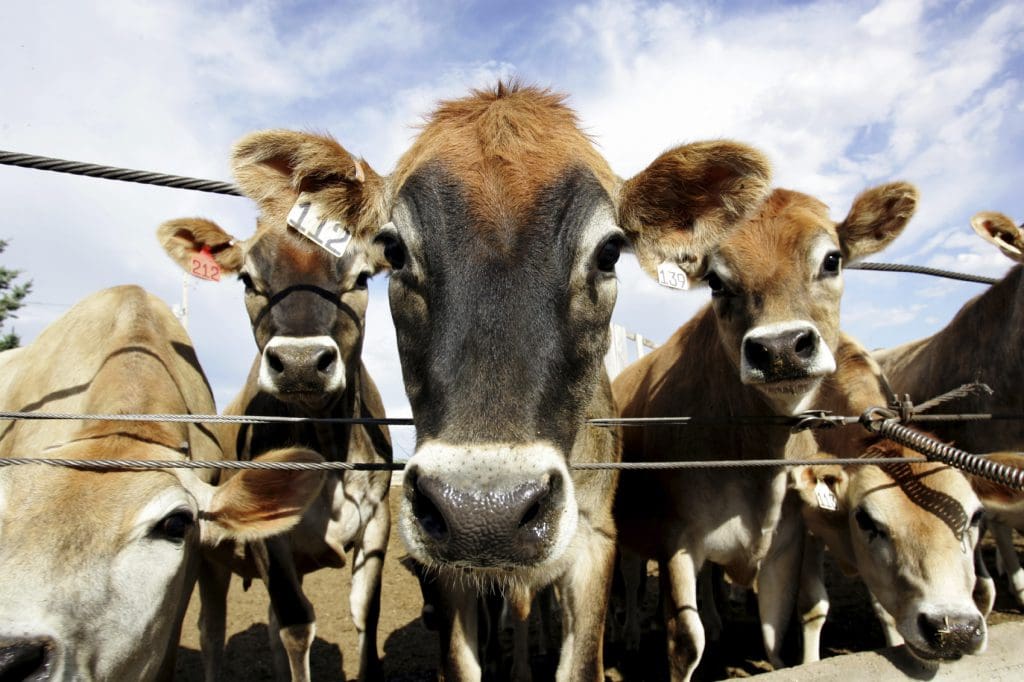


 Vancouver-based
Vancouver-based  Meatless Monday in Vancouver just got an important boost! The influential Vancouver Food Policy Council (VFPC) has unanimously passed a motion that “endorses the concept of Meatless Mondays and encourages Vancouver citizens to choose plant-based meals on Mondays.”
Meatless Monday in Vancouver just got an important boost! The influential Vancouver Food Policy Council (VFPC) has unanimously passed a motion that “endorses the concept of Meatless Mondays and encourages Vancouver citizens to choose plant-based meals on Mondays.”

